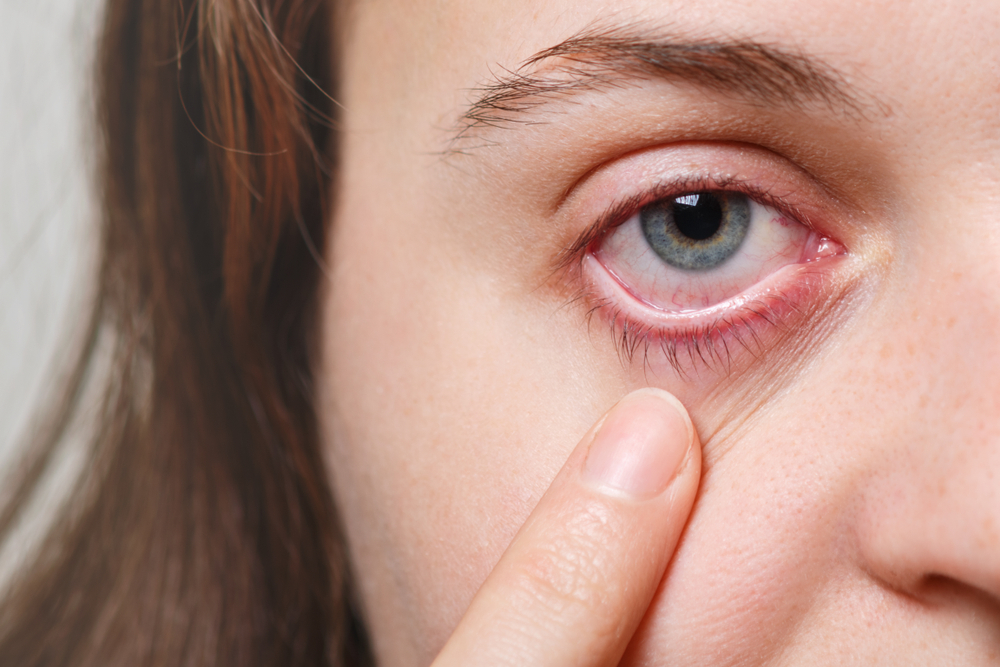
Meibomian Gland Dysfunction (MGD) is a common yet often overlooked condition that can significantly impact eye health and comfort. The meibomian glands, located in the eyelids, play a crucial role in maintaining the stability of the tear film and preventing dry eyes. In this article, we will delve into the details of MGD, its causes, symptoms, and available treatments.
What is Meibomian Gland Dysfunction?
Meibomian Gland Dysfunction occurs when the meibomian glands fail to produce an adequate quantity or quality of meibum, the oily substance that forms a crucial part of the tear film. The tear film, consisting of three layers – aqueous, mucin, and lipid – is essential for preserving eye health by preventing tear evaporation and ensuring a smooth surface for blinking.
Causes of MGD:
Several factors can contribute to the development of Meibomian Gland Dysfunction. These include:
1. Age: The risk of MGD tends to increase with age as the function of meibomian glands can decline over time.
2. Environmental factors: Prolonged exposure to digital screens, dry or windy climates, and environmental pollutants can contribute to MGD.
3. Contact lens use: Improper use or extended wear of contact lenses may increase the risk of MGD.
4. Systemic conditions: Certain health conditions like rosacea, autoimmune diseases, and hormonal changes can impact meibomian gland function.
Signs and Symptoms:
Recognizing the signs and symptoms of MGD is crucial for timely intervention. Common indications include:
1. Dryness and irritation: Individuals with MGD often experience persistent dryness and discomfort in their eyes.
2. Redness: Inflammation of the eyelids and surrounding areas can lead to redness.
3. Blurry vision: MGD can cause fluctuations in vision due to an unstable tear film.
4. Burning or stinging sensation: Patients may report a sensation of burning or stinging in the eyes.
Treatment and Management:
Managing MGD involves a combination of lifestyle changes, home remedies, and, in some cases, professional interventions. Here are some strategies:
1. Warm compresses: Applying warm compresses to the eyelids can help soften and release blocked meibum.
2. Lid hygiene: Gentle cleaning of the eyelids with a mild cleanser can prevent debris accumulation.
3. Artificial tears: Lubricating eye drops can provide relief from dryness and irritation.
4. Prescription medications: In severe cases, your eye care professional may prescribe medications to address underlying issues.
5. In-office procedures: At North Texas Ophthalmology Associates we offer iLux treatments, which is a handheld device that uses heat, while gently massaging your eyelids. An iLux procedure melts the blockages in your meibomian glands which encourages oil to flow more freely from your tear film.
Conclusion:
Meibomian Gland Dysfunction is a common condition that can significantly impact eye health and daily comfort. Recognizing the signs, adopting preventive measures, and seeking timely professional advice are crucial steps in managing MGD effectively. If you experience persistent eye symptoms, give our office a call at (940) 240-8400 to schedule an appointment today.








